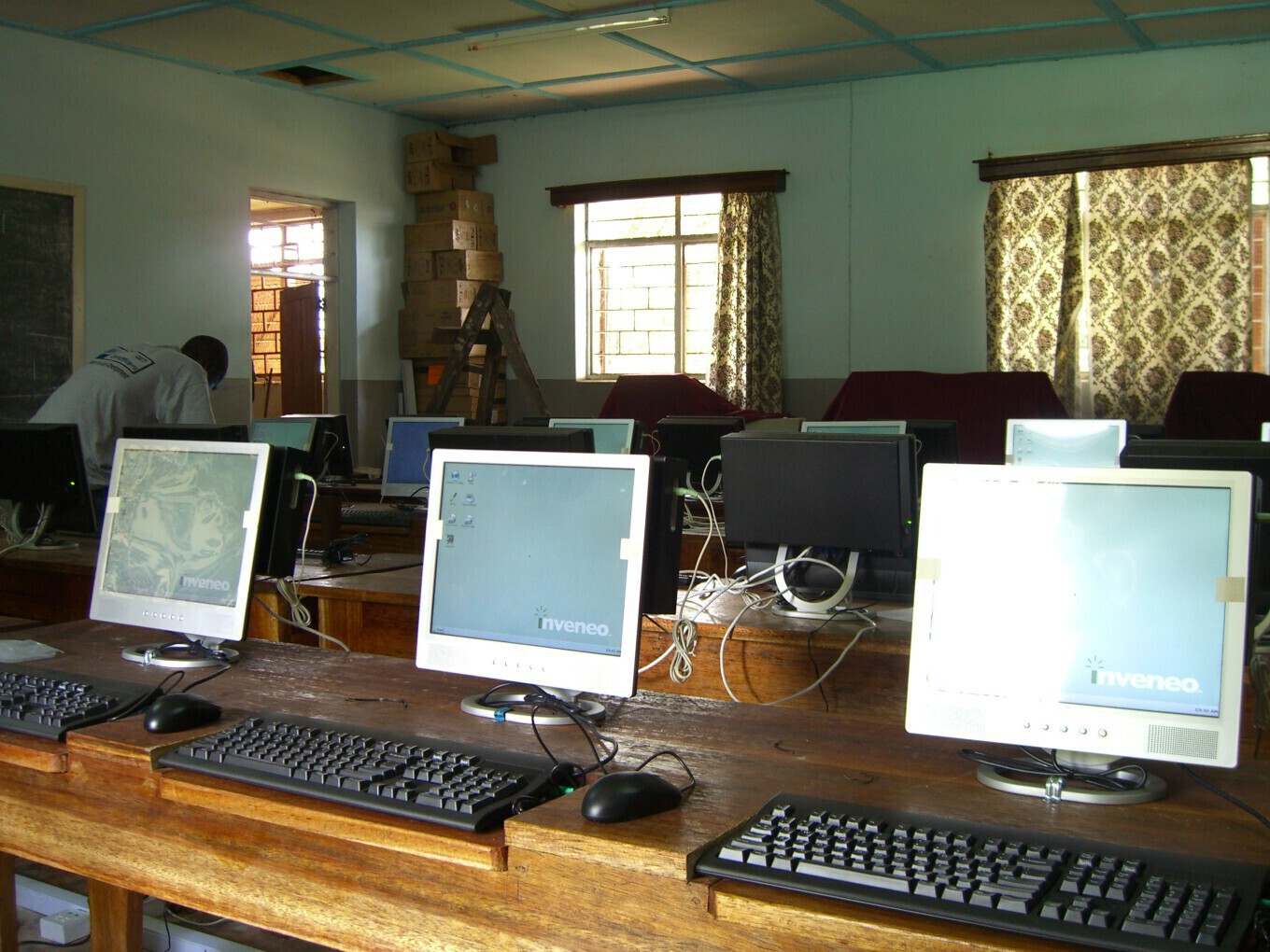I honestly had never given much thought to how technology could help lift people out of poverty until I attended a conference on the subject in 2004. As inspiring as the talks were, the lunch break was the reason I spent the next three years working in the sector. By chance, I sat down next to Mark Summer, who had recent co-founded a non-profit called Inveneo (with Bob Marsh and Kristin Peterson). By the end of lunch, I was sold on their mission to bring computers, telephones, and the internet to rural and highly underserved communities around the world. Soon I was their first full-time employee.

My primary responsibility at Inveneo was to design and build Inveneo Linux, a full-featured, zero-maintenance desktop Linux distribution that fit in 256MB of flash memory — a necessity to ensure we could build low-power, zero-maintenance desktop computers with no moving parts. However, being the tiny organization that it was at the time, deployments were an all-hands-on-deck sort of affair. As a result, I participated in (and occasionally even led) five successful deployments in east Africa. These deployments involved setting up school computer labs, rural point-to-point wireless networks, and the power systems to support them.
As I write this in 2022, after a successful stint in network research and Silicon Valley startups, it is my intention to return to this kind of work — increasing global access to free and open communications, information sharing, and digital tools.